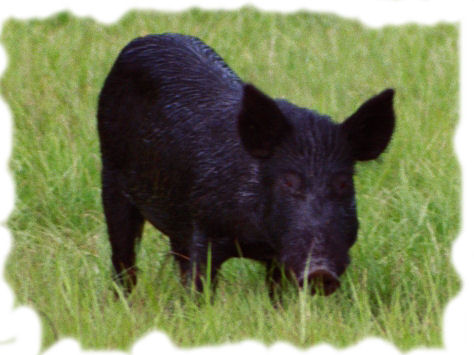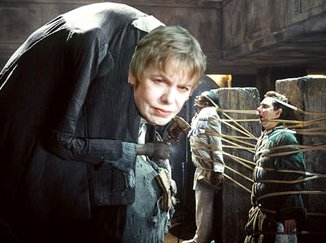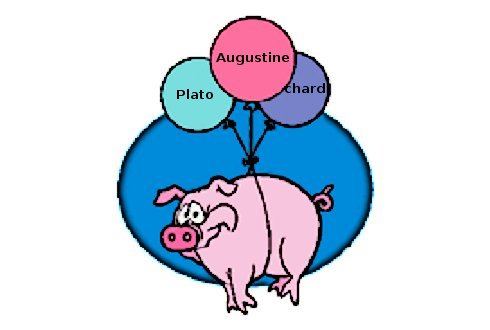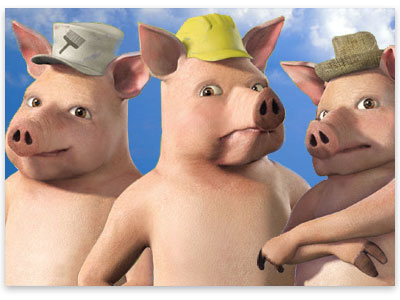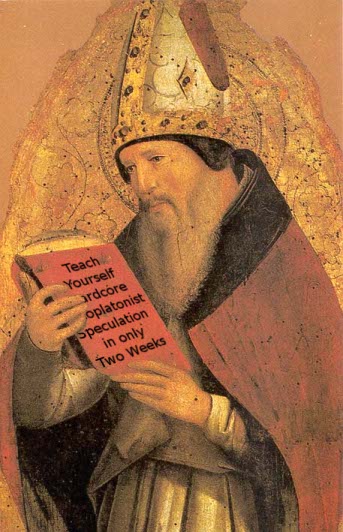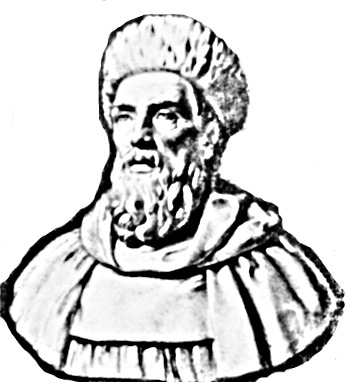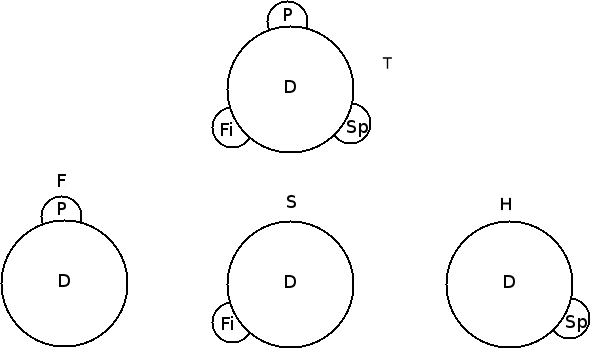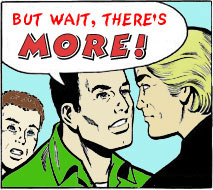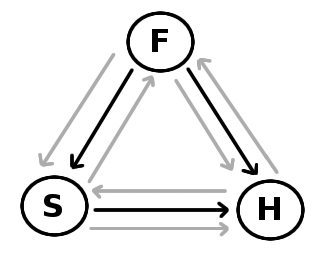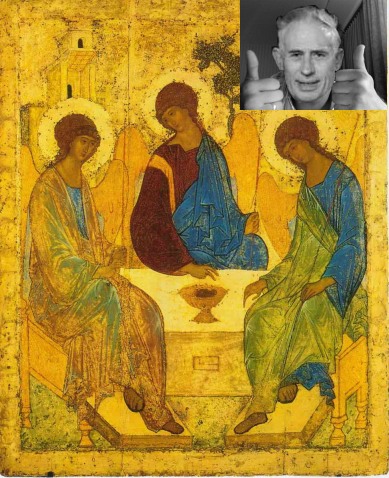Reader Question About Modalism

Ice, ice, baby. (image credit)
A reader emailed me this question, and I thought others would be interested in my (attempt at) an answer. Also, this is a good chance to review and summarize some of my previous postings on modalism.
I was wondering if you could read [the following] and tell me what I was believing? (I think it might have been a form of Modalism) Also, I search everywhere and find that Modalism is wrong, but no explanations specifically why. Can you help me out on some links explaining that?
…I used to believe there was one God. He sometimes is called Father, sometimes called Jesus, and sometimes called the Holy Spirit. And sometimes called all at the same time. Read More »Reader Question About Modalism
